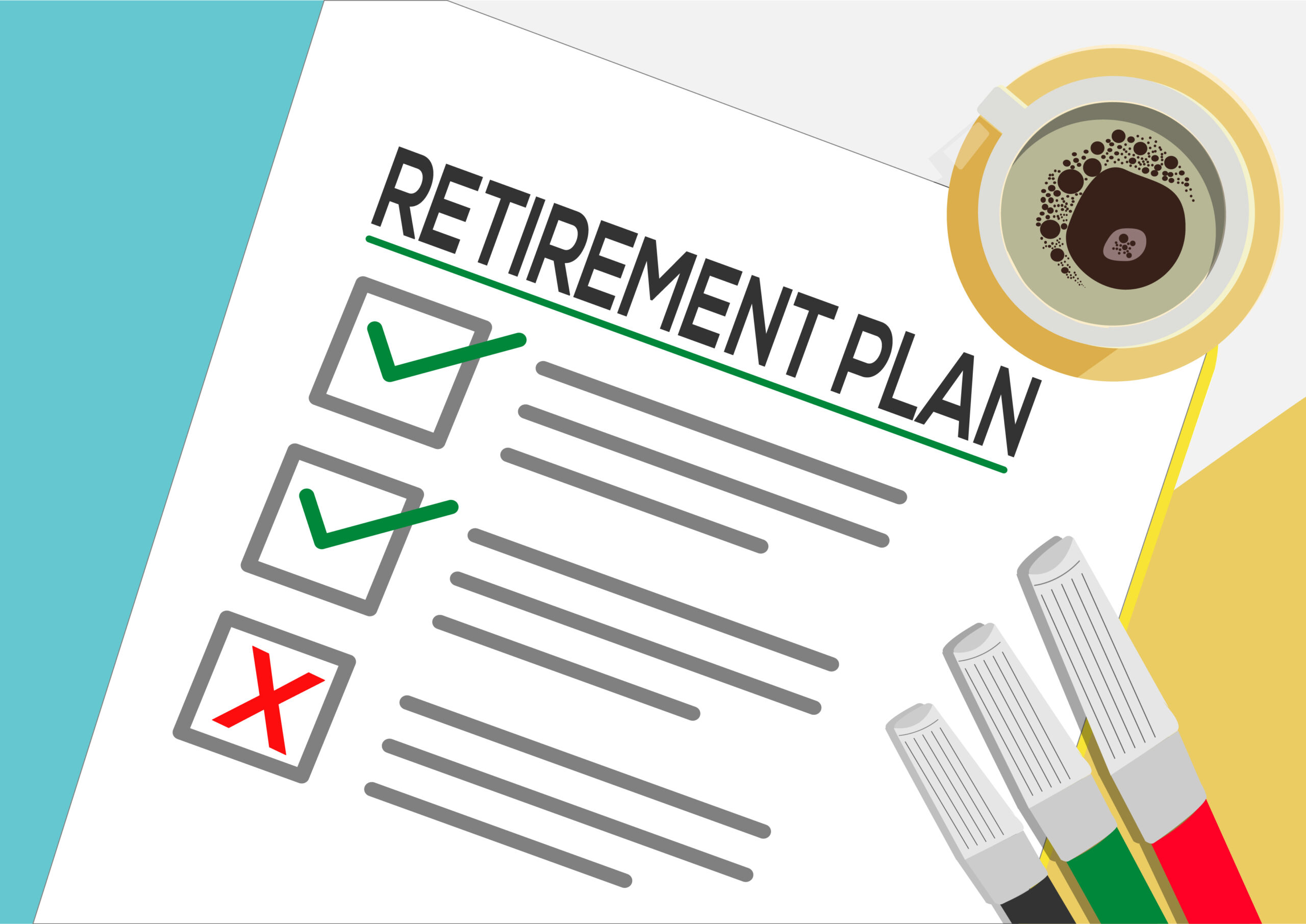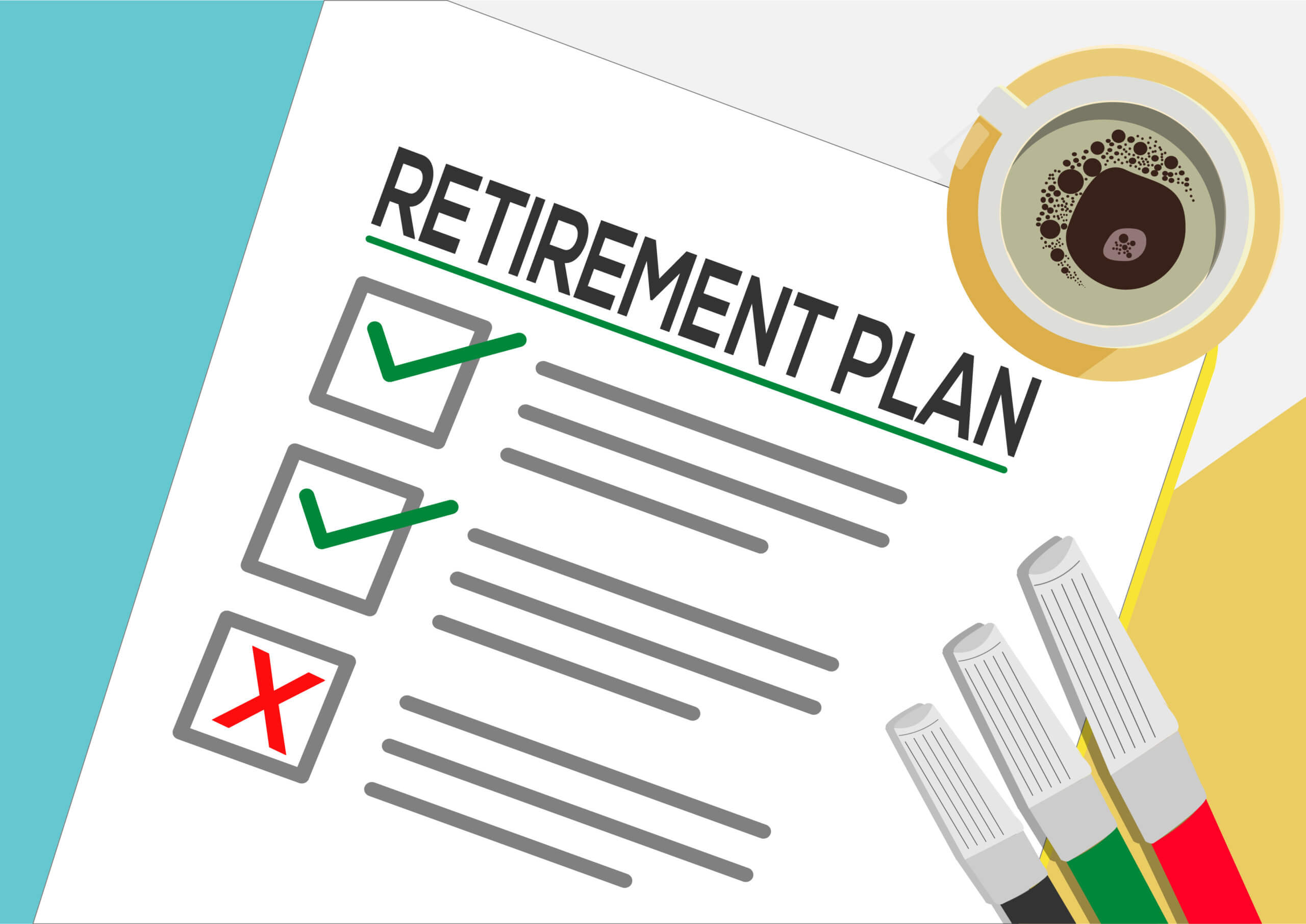Non-financial questions to consider before retirement
The decision to retire is clearly predicated on one’s financial situation. We’ve been helping people retire for a few decades now and have noticed that those who thrive the most during retirement are those who periodically contemplate non-financial issues in addition to crunching numbers. Borrowing from research and journalism, a simple “Who? What? Where? When? and Why?” framework can help.
Who will I spend retirement with?
That may sound like a silly question because of course, retirement will be spent with a spouse, significant other, family, or friends. However, there are nuances to consider.
First, when one leaves the workforce, one leaves behind many people such as co-workers, vendors, and customers. While some of these relationships will endure, most do not. For many retirees, a void is left which cannot be filled easily. Additional relationships need to be made, which is sometimes difficult to do.
Second, retirement can affect one’s closest and most valued relationships, especially the bond with a spouse. We have often heard the jokes such as: “A retired husband is often a wife’s full-time job,” and “As long as he’s out of the house by 10 AM, retirement should be good,” and the classic, “I married you for better or for worse, but not for lunch!” We chuckle at these because there is some truth to them.
While retirement can cause some interpersonal stress, it is often a blessing to our most important relationships.
While retirement can cause some interpersonal stress, it is often a blessing to our most important relationships. To encourage the positives, it may be helpful to ponder a few things such as:
- How will our day-to-day life together change? Will we eat all meals together? Will chores be divvied up differently? What alone time do we each need daily?
- What general expectations do we have of each other?
- What should we do to prioritize our relationship?
- Do we have retired friends who can tell us about their experience?
What will I do when I retire?

Imagine it is day one of retirement and you are not awakened by a blaring alarm clock. What are you most looking forward to doing? Can you envision a perfect day or a perfect week? More broadly, what do you want your retirement to look like? Will you travel? Volunteer? Try a new hobby?
Where will I live?
There have been plenty of articles written naming the best places to retire. Weather, crime rate, access to entertainment and recreation, taxes, and general affordability are popular aspects these list makers consider. Those are all important but for most people, the primary issues are family, friends, and doctors.
Sure, living on a beach in Costa Rica sounds great but you may not get to see your family as often as you would like. Even moving to another part of the U.S. is a big change. If you make new friends easily, you may adjust quickly but you would be leaving behind your current social circle. Whether at home or abroad, it is often not easy finding doctors, dentists, physical therapists, hospitals, and other facilities in which you have confidence.
General location is one thing but if you do stay in your current area, the question is will you stay in your current home? We often see people who cannot or do not want to keep up with the maintenance required. This is often the case for large homes that once housed several people. It’s especially common for a move to become wise as we age, and stairs become harder to climb. While you may be comfortable where you are now, do you foresee a time when the house might not be as ideal? What would trigger a decision to move? What type of housing might suit you better? It may be wise to consider these matters before they are thrust upon you.
When should I retire?

The Go-Go years happen first when a retiree has the most energy and best health. This is when the “bucket list” gets the most attention. You finally take that African safari or learn to tango.
With the bucket list shorter, the back a little sorer, and stamina a bit lower, the Slow-Go years are filled with less taxing pursuits. Some quit flying so travel gets less far-flung. As we age, it takes longer to recover from physical exertions, so activities tend to become more docile.
As you would expect, activity levels in the No-Go years are even lower. You can find a few 90-year-old golfers, although not many. According to the research firm Statista, people at least 75 years old spend nearly five hours a day watching TV. Those in the 35-54 age range average just over two hours.
Why should I retire?
For many, this is the hardest question of all. Many Americans have their identity wrapped up in their work. Leaving their field is leaving behind a huge part of who they have been – for the world, for their family, and for themselves. Have you ever asked someone, “What do you do?” and gotten the response “I’m retired.”? Those who think something positive like, “I’m jealous!” tend to have an easier time retiring. Conversely, those who think something dismissive like, “That’s nice, now out of my way – I have work to do” often struggle with the idea of retiring because at some level, they fear being dismissed themselves.
It can be helpful to consider what social, mental, and physical attributes the job provides that you would miss.
Confucius is credited with saying, “Choose a job you love, and you will never have to work a day in your life.” There is a lot of truth to that, and studies show people who enjoy their work have a harder time deciding to retire. It can be helpful to consider what social, mental, and physical attributes the job provides that you would miss. What is it about these that is important? What might you do as a retiree that could help you acquire those elements away from the job?
In financial planning circles, it is often said that it is better to retire to something than from something. We have seen many people retire from a job they hated only to hate retirement just as much. They got away from a bad situation but didn’t have a good one to replace it. By planning, that effect can be mitigated if a job goes sour. Author Patrick Foley said, “Retirement is a blank sheet of paper. It is a chance to redesign your life into something new and different.”
It is never too late or too early to begin to design your retirement life. We’re here to help any way we can.
News & Notes

Developing the next generation of financial planners: Dan spent a week in Denver serving as a mentor for the FPA Residency program. Mentors are highly experienced, respected for their financial planning knowledge, and hand-picked by the program. The five mentors worked with 32 residents on improving these newer planners’ interviewing and presentation skills. Said Dan, “There were long days, but it felt like a short week. It was incredibly gratifying to dig deep with the next generation of financial planners into how effective financial planning can profoundly impact clients’ lives. I feel blessed to be selected as a mentor and to be a part of such an iconic program within the FPA.”
Important Dates:
July 31
- Deadline for sponsors of retirement plans to file the 2023 Form 5500 (assuming a 12/31 plan year-end)
- Deadline for sponsors of retirement plans to file a Form 5558 (to extend the 2023 Form 5500 filing deadline until October 15)
September 15
- Q3 2024 estimated tax payment deadline for households
- Q3 2024 estimated tax payment deadline for sole proprietorships, single-member LLCs, C-corporations, and multi-member LLCs that elect to be treated as a corporation
- Extended 2023 income tax return (Form 1120S) filing deadline for calendar year S-corporations
- Extended 2023 income tax return (Form 1065 or 1065-B) filing deadline for calendar year multi-member partnerships and multi-member LLCs (default) July 1
September 30
- Determination date for identifying designated beneficiaries of retirement accounts whose owner died in 2023
- Deadline for employers to distribute the Summary Annual Report (SAR) to plan participants of 401(k) plans (assuming the 2023 Form 5500 filing deadline was not extended)
October 1
- First day to file FAFSA for upcoming academic year
October 15
- Start of Open Enrollment Period for existing Medicare enrollees
- Extended 2023 income tax return (Form 1040) and gift tax return (Form 709) filing deadline
- Extended 2023 income tax return (Form 1040) filing deadline for sole proprietorships and single-member LLCs
- Extended 2023 income tax return (Form 1120) filing deadline for calendar year C-Corporations and multi-member LLCs that elect to be classified as a corporation
- Extended deadline for filing a calendar-based 2023 Form 5500
- Extended deadline for calendar-based sole proprietors and C-Corps to fund a 2023 employer contribution
Please remember to call us: When anything significant happens in your life, including changes in your finances, family, or health that could affect your financial plan, please let us know so that we can adapt our planning and portfolio work for you accordingly. Also, if you ever fail to receive a monthly statement for one of the Schwab Institutional accounts under our management, please let us know so we may assure the respective custodian delivers your statements promptly.
Yours truly,
The Team at Moisand Fitzgerald Tamayo, LLC

